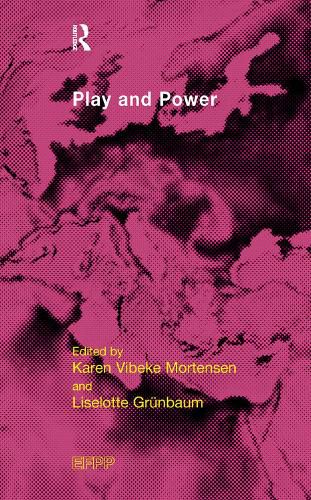Readings Newsletter
Become a Readings Member to make your shopping experience even easier.
Sign in or sign up for free!
You’re not far away from qualifying for FREE standard shipping within Australia
You’ve qualified for FREE standard shipping within Australia
The cart is loading…






The power of play, so central to psychoanalytic theory and practice, is conjoined to the social psychological or socio-politically coloured concept of power, giving rise to many fruitful discussions of how these concepts manifest themselves in clinical work with children, groups and adults. The inspiration for this book was the 3-section EFPP conference in Copenhagen in May 2007 with the main theme Play and Power . At the conference and in the book, this theme is presented both inside and outside the therapeutic space. It is amply illustrated in clinical cases from individual psychotherapies with children and adults and from group analysis. Most of the examples are with hateful or resigned children and adults who have been exposed to extremely damaging or unhelpful environments, and who demonstrate convincingly some of the devastating consequences that abuse of power in the real world may have. Play and power are also explored in the broader context of the community, however.
$9.00 standard shipping within Australia
FREE standard shipping within Australia for orders over $100.00
Express & International shipping calculated at checkout
The power of play, so central to psychoanalytic theory and practice, is conjoined to the social psychological or socio-politically coloured concept of power, giving rise to many fruitful discussions of how these concepts manifest themselves in clinical work with children, groups and adults. The inspiration for this book was the 3-section EFPP conference in Copenhagen in May 2007 with the main theme Play and Power . At the conference and in the book, this theme is presented both inside and outside the therapeutic space. It is amply illustrated in clinical cases from individual psychotherapies with children and adults and from group analysis. Most of the examples are with hateful or resigned children and adults who have been exposed to extremely damaging or unhelpful environments, and who demonstrate convincingly some of the devastating consequences that abuse of power in the real world may have. Play and power are also explored in the broader context of the community, however.